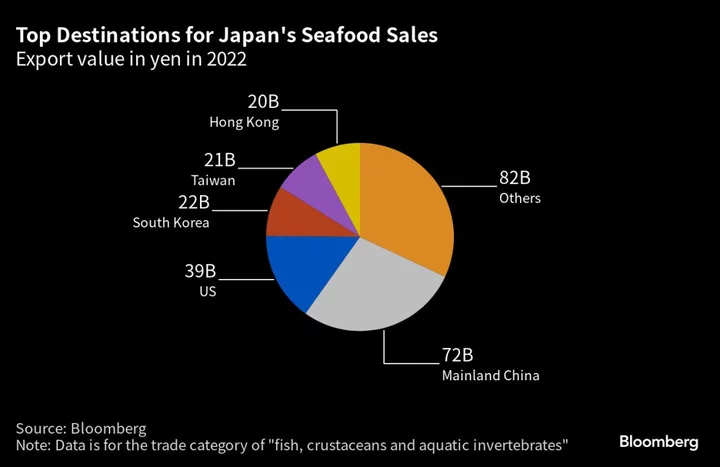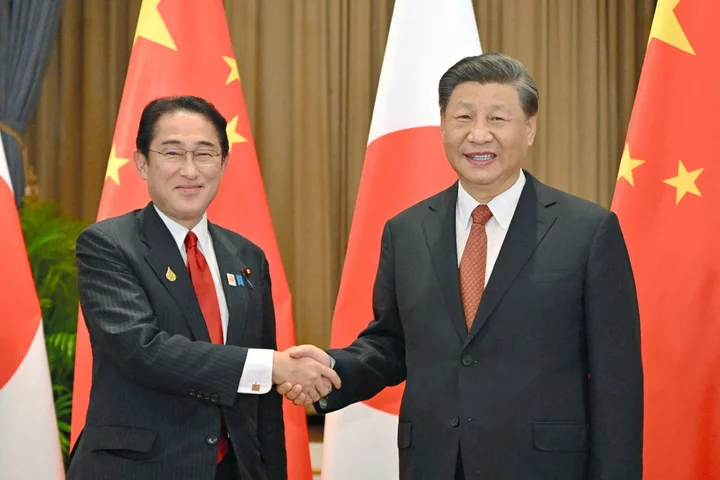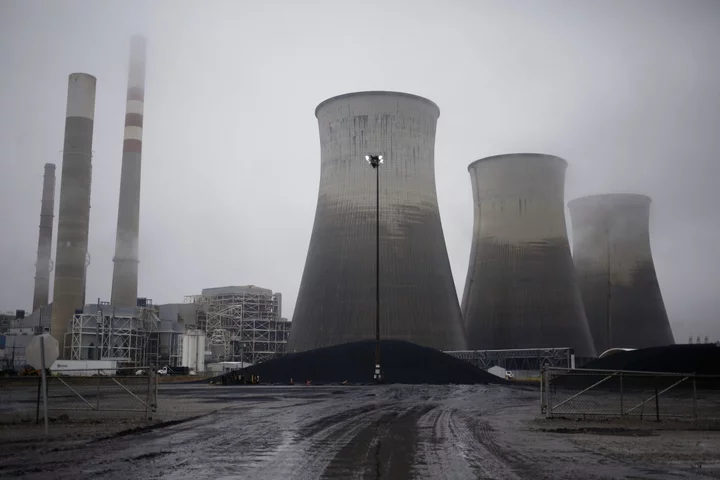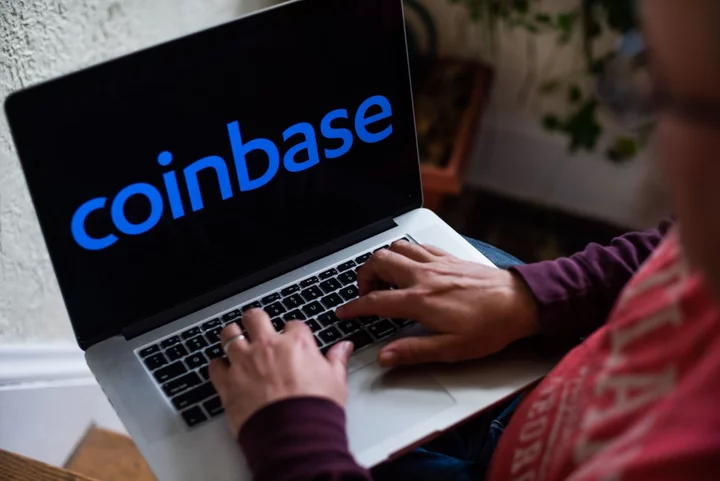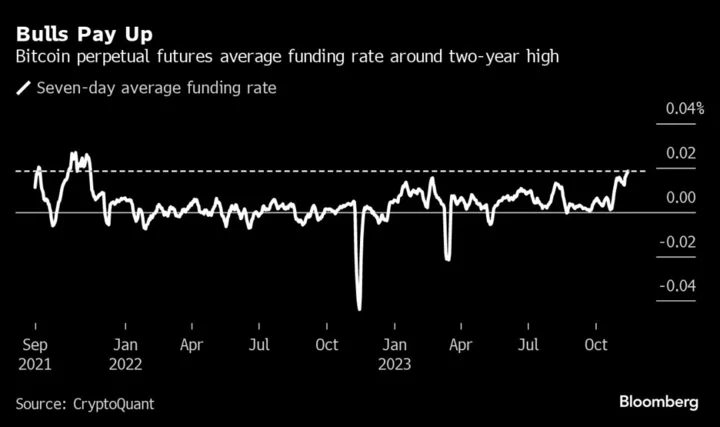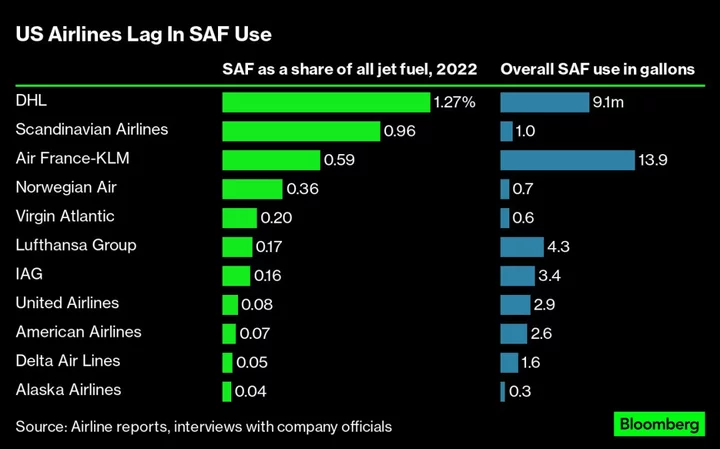Hong Kong plans to ban imports of seafood and other aquatic products from 10 Japanese regions if the nation discharges treated wastewater from the Fukushima Dai-Ichi nuclear power plant.
The Japanese utility company Tepco is preparing to release more than 1 million cubic meters of treated radioactive water into the Pacific Ocean, as its storage tanks are expected to reach capacity as early as 2024. While the International Atomic Energy Agency has found the release meets global safety standards, it risks further stoking heightened political tensions in the region.
The Hong Kong government concluded it’s not possible to guarantee that the water purification system used by Tepco will operate successfully for the duration of the discharge, which could last up to 30 years, it said in a statement. The products in the proposed ban include all live, frozen, chilled, dried or otherwise preserved aquatic products, sea salt and seaweed.
“If the Japanese authorities have sufficient confidence in the treatment of the wastewater, they should seek suitable domestic use instead of discharging it into the ocean,” Hong Kong said. The government said earlier this month it planned to impose some curbs once the wastewater release begins.
China, the top buyer of Japanese seafood, has said the ocean is “not Japan’s private sewer,” and has extended a ban on food imports from Fukushima. While a South Korean government panel backed Japan’s plan, it already has a ban in place on seafood imports from the site and some surrounding districts.
The IAEA, which is holding discussions in an effort to reassure neighboring nations over Tepco’s plan, said its two-year study had found no evidence that the wastewater release would cause damage to fish, Director General Rafael Grossi said in an interview in Tokyo last week.
“Let people make the decisions that they wish, but they will not have the support of the IAEA to say that this fish may be contaminated, because it will not be,” Grossi said. The release of treated wastewater is common practice across the nuclear industry, including by plants in mainland China and Japan, according to the agency.
--With assistance from Jinshan Hong and Shoko Oda.

